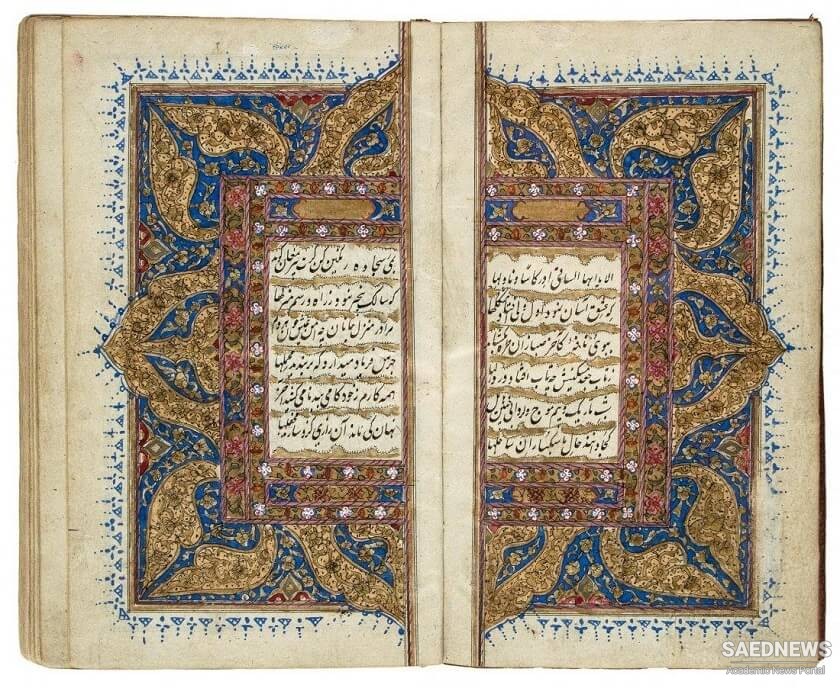A rich minstrel tradition fulfilling various functions at court as well as in broader layers of society existed in Persia long before the coming of Islam. It is more difficult to find evidence for the presence of poets as we know them from Islamic times. Apparently, the pre-Islamic Persian tradition lacked a proper term for them, and such a term had to be borrowed from the Arabs: sha’er (plural sho’ara), a word known from the ancient Arabic poetry of the desert as well as from the Qur’an. When Arabic poetry was transferred from Bedouin society to the urban civilization of early Islam, the function of the shâ’er also changed from that of an oral soothsayer to the writer of poetry for rulers and learned audiences in the cities of the Caliphate. In Persian, the common word for poetry became she’r, the poet was known as a sha’er, and all that was connected to his art was subsumed under the heading of sha’eri. These terms also point to decisive changes in literature itself, which signified that “the concept of separate, literary composition came to develop.” In the social context of the courts, which in many respects was paradigmatic for the position of a poet in the traditional sense, his part was first of all defined by the services that he could render to his patron. Nezami-Aruzi stated that the first duty of the poet is to immortalize a name (which could be taken to mean his own name as well as that of his patron) by making such good poetry. In order to live up to this high standard the poet should have a careful education, including not only the rules of prosody and rhetoric, but also general knowledge which he could use to enrich his poems. He should above all make himself familiar with the tradition by “memorizing a thousand distichs by the earliest poets and ten thousand distichs from the works of later poets.” These masters should teach him how to deal with the difficulties and subtleties of composition. In addition he is advised to seek the guidance of a living master (ostad) until he will have earned that title himself and he has established a lasting reputation.


 Persian Literature and Indian Style: Subcontinent's Literary Influence
Persian Literature and Indian Style: Subcontinent's Literary Influence














































